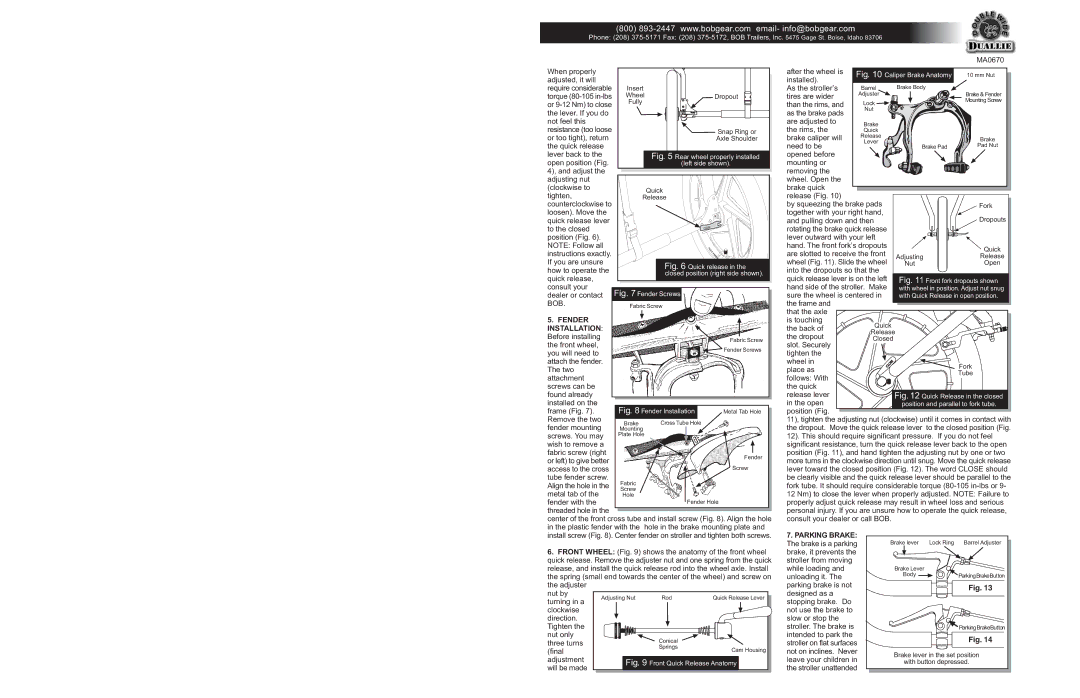MA0501A specifications
The BOB MA0501A is a cutting-edge electronic module designed for modern applications in various fields, including robotics, automation, and IoT (Internet of Things). This versatile device is equipped with an array of features, technologies, and characteristics that make it an invaluable component for developers and engineers.One of the standout aspects of the BOB MA0501A is its compact design. Measuring only a few centimeters in size, it allows for easy integration into limited spaces without compromising performance. This small footprint makes it ideal for applications where space is at a premium, such as wearable devices and compact robotic systems.
The BOB MA0501A comes with a powerful microcontroller that supports a wide range of programming languages, enhancing accessibility for developers with varied skill sets. The onboard microcontroller typically operates at speeds exceeding 16 MHz, ensuring efficient processing capabilities necessary for real-time applications. Furthermore, it supports various communication protocols, including UART, I2C, and SPI, enabling seamless connectivity with other devices.
Another important feature of the BOB MA0501A is its extensive range of input and output pins. This flexibility allows users to connect numerous sensors, actuators, and additional components, expanding the module's capabilities for diverse applications. The digital input/output pins can handle multiple voltage levels, accommodating different electronic components.
In terms of power efficiency, the BOB MA0501A is designed to operate within a wide voltage range, typically from 3.3V to 5V. This adaptability makes it compatible with standard battery systems, as well as power supplies commonly found in various electronic projects.
The BOB MA0501A also incorporates advanced security and data protection features. This is particularly important for IoT applications, where data integrity and protection against unauthorized access are critical concerns. Built-in encryption functionalities help safeguard sensitive information during data transmission.
Additionally, the BOB MA0501A is designed with modularity in mind, allowing for easy upgrades and modifications. This characteristic ensures that developers can adapt their projects to evolving technological needs without requiring a complete redesign. The combination of its robustness, functionality, and ease of use positions the BOB MA0501A as an excellent choice for both hobbyists and professionals looking to innovate in their projects.

